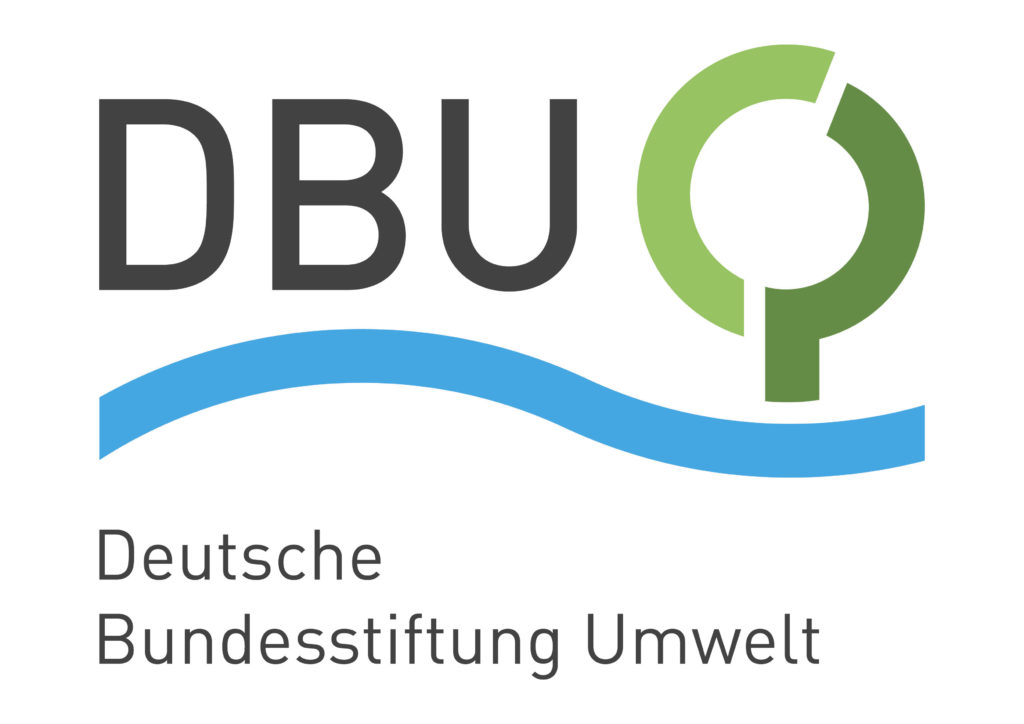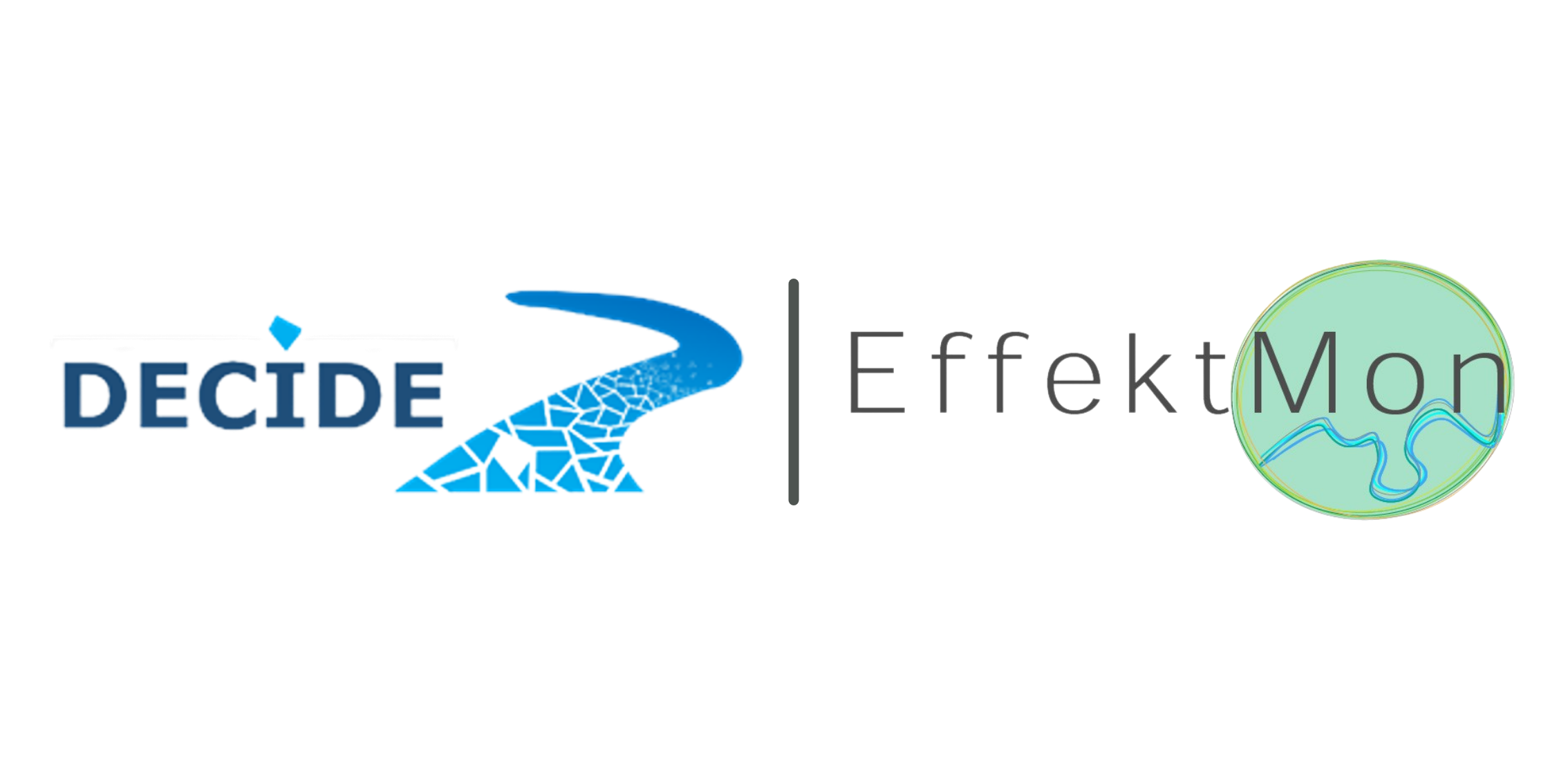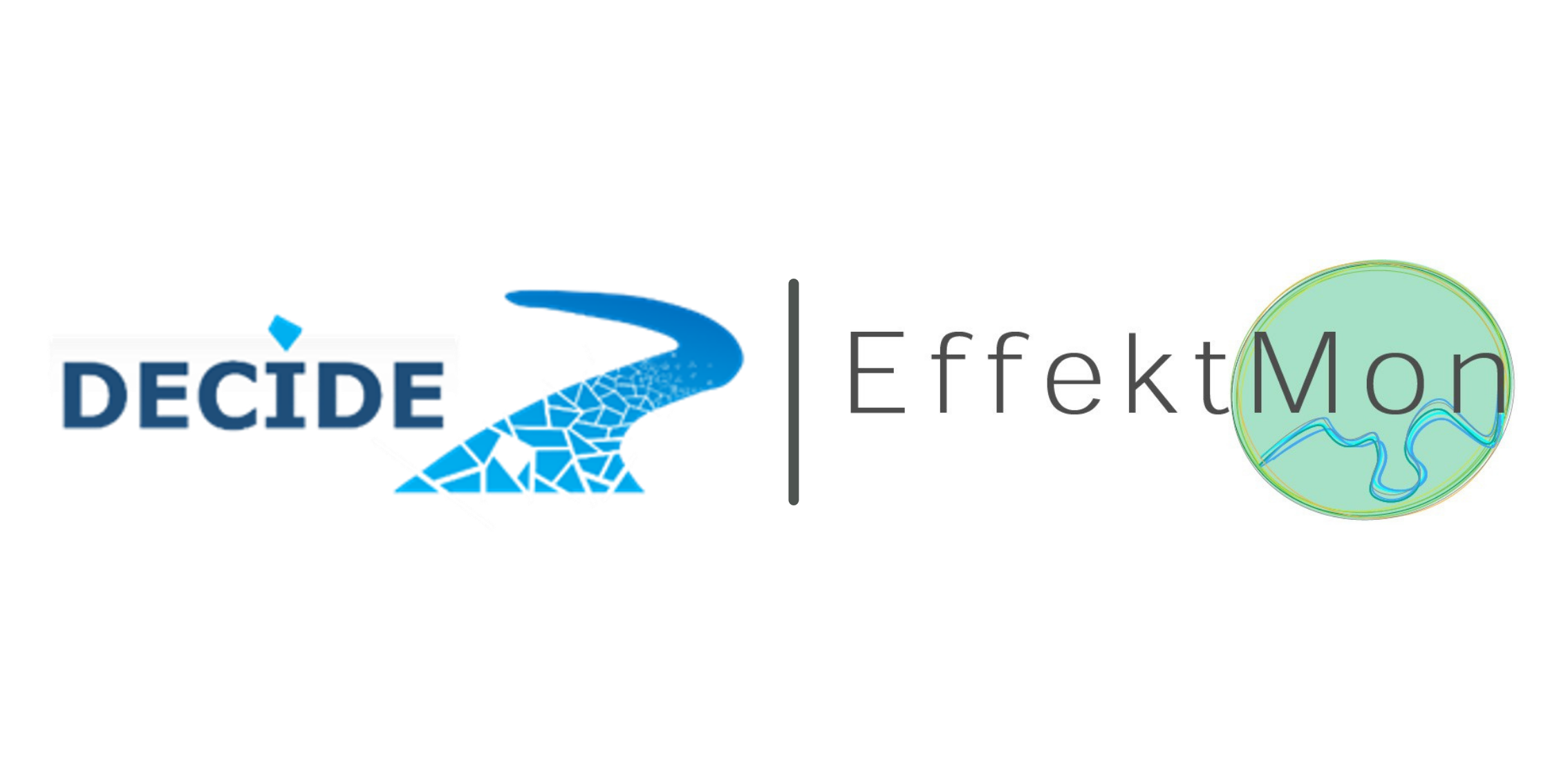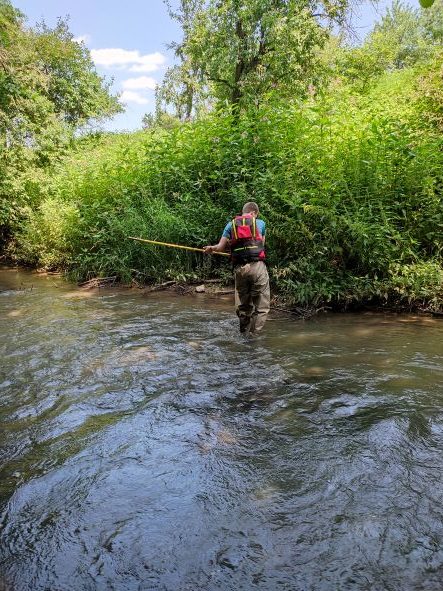Effektbasierte Monitoring-Methoden
Zur besseren bewertung der wirkung von schadstoffen auf die gewässerökologie
Bild: Robert Marc Lehmann/ www.robertmarclehmann.com
Trotz des in der EU-Wasserrahmenrichtlinie (EU-WRRL) definierten Ziels wird der Großteil der Oberflächengewässer in Deutschland bis 2027 keinen guten ökologischen Zustand erreichen. Dies ist auf die weit verbreitete diffuse Wasserverschmutzung und die morphologische Degradation durch intensive Landnutzung zurückzuführen. Die Identifizierung der Hauptursachen für das Nichterreichen des guten ökologischen Zustands von Süßwasserökosystemen ist eine Herausforderung und das Hauptziel unserer Projekte.
Effekt-basiertes Monitoring
Für die Beurteilung des Zustands der Oberflächengewässer spielen in der EU-WRRL die biologischen Qualitätskomponenten eine zentrale Rolle. Diese geben bei Nicht-Erreichen des guten ökologischen Zustands allerdings nur bedingt Hinweise auf die Ursache(n) der Defizite. Um geeignete Maßnahmen zur Verbesserung des ökologischen Zustands ableiten zu können, bedarf es daher tiefergehender Analysen.
Um die Bedeutung von Schadstoffen und deren Gemische für das Nicht-Erreichen des guten ökologischen Zustands abschätzen zu können, besteht ein vielversprechender Ansatz in der Anwendung effektbasierter Methoden (EBM), mittels derer die Effekte von Schadstoffen Gewässer auf die aquatischen Organismen erfasst und quantifiziert werden können. Unter EBM versteht man hierbei in vitro und in vivo Untersuchungen auf suborganismischer und organismischer Ebene.
Projekt 1: DECIDE
In dem Project DECIDE beschäftigen wir uns mit der Entwicklung eines wasserrahmenrichtlinienkonformen Bewertungssystems für Fließgewässer. Durch den Einsatz effektbasierter Methoden (EBM) sollen Beiträge stofflicher Belastungen für defizitäre Gewässerzustände identifiziert und so ein effektives Gewässermanagement unterstützt werden.
Mit unseren Untersuchungen konzentrieren wir uns auf die Modellregion Hessisches Ried, südlich von Frankfurt am Main. Obwohl diese Gegend ist von großer Bedeutung für die Trinkwasserversorgen Hessens, sind die lokalen Gewässer einer hohen stofflichen Belastung ausgesetzt.
Gefördert wird dieses Projekt von der Deutschen Bundesstiftung Umwelt (DBU).


Projekt 2: EffektMon
Im Projekt EffektMon, das vom Umweltbundesamt (UBA) gefördert wird, wird das EBM in Fließgewässern weiterer Bundesländer ausgedehnt. Für die Alb in Baden-Württemberg liegen beispielsweise umfangreiche chemisch-analytische Daten vor, so dass der Abgleich der ökotoxikologischen Effekte mit den gemessenen Schadstoffkonzentrationen eine Plausibilitäts-prüfung ermöglicht. Neben dem EBM wird auch der ökologische Zustand nach WRRL über die benthischen Wirbellosen erfasst. Potenzielle interagierende Stressoren (z.B. hydromorphologische Degradation oder Landnutzung) werden vorab erfasst und ebenfalls berücksichtigt. In anderen Fließgewässern in Rheinland-Pfalz und Bayern konzentrieren sich die Untersuchungen auf renaturierte und nahe gelegene, nicht renaturierte Gewässerabschnitte. Hintergrund sind Hinweise, dass eine durchgeführte Renaturierung, auch nach Jahren, nicht automatisch mit einer Verbesserung der Artengemeinschaften oder des ökologischen Zustands einher geht.
Publikationen

Hörchner S, Moulinec A, Sundermann A, Oehlmann J, Oetken M (2024): Under pressure: Assessment of chemical stress on restored river sections using effect-based methods. Restor. Ecol. early view, e14206. DOI: 10.1111/rec.14206
Heß, S., Hof, D.L., Oetken, M., Sundermann, A.,2023. Effects of multiple stressors on benthic invertebrates using Water Framework Directive monitoring data. Science of The Total Environment 878(3):162952. DOI: 10.1016/j.scitotenv.2023.162952
Das Projekt DECIDE wird gefördert durch

Das Projekt EffektMon wird gefördert durch


Kontakt
DECIDE
Dr. Matthias Oetken
Johann Wolfgang Goethe Universität Frankfurt
Tel.: +49 (0) 69 798 42148
KONTAK
EffektMon
PD Dr. Andrea Sundermann
Senckenberg Gesellschaft für Naturforschung
Tel.: +49 (0) 6051 61954 3124



